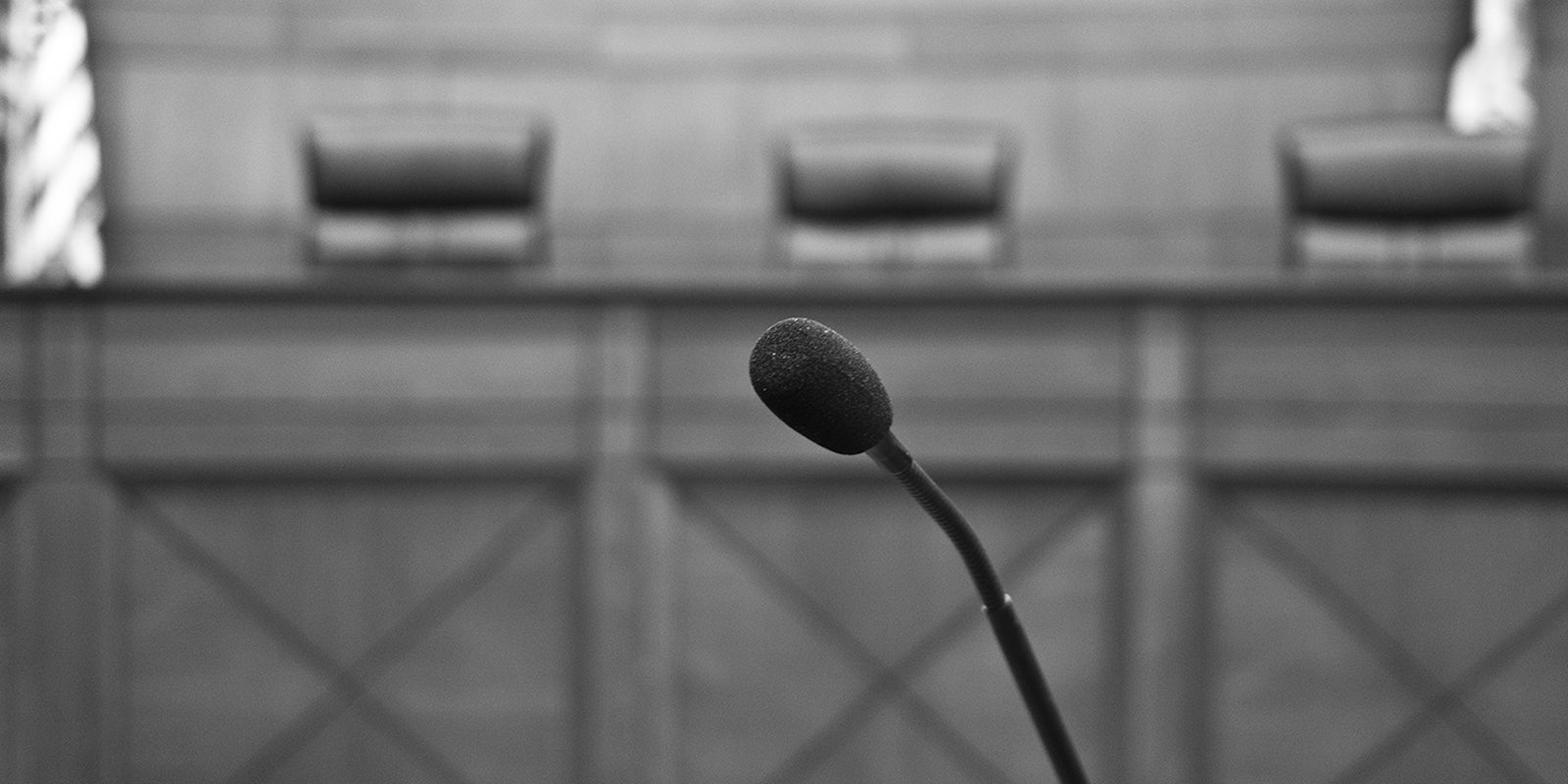In a landmark decision that could affect how seriously U.S. courts will take online threats, the Supreme Court has thrown out charges of a man who posted violent imagery to Facebook.
Anthony Douglas Elonis, 31, is a self-styled rapper from small-town Pennsylvania who calls himself Tone Dougie. Under an Eminem-like persona, Elonis frequently posted graphic lyrics to Facebook about the ways he planned to kill his ex-wife after she left him. To a lesser extent, he also “rapped” on the site about killing state police, FBI agents, his coworkers, and a kindergarten class.
One lyric he posted to the site, as reported by the Associated Press, read: “There’s one way to love you but a thousand ways to kill you. I’m not going to rest until your body is a mess, soaked in blood and dying from all the little cuts.”
The case, Elonis v. United States, highlighted a common Internet phenomenon: To what extent can you take something someone writes seriously if they occasionally offer a disclaimer?
There’s no question that Elonis sporadically wrote that his lyrics were “fictitious.” But they were real enough for his ex-wife, who used it to take a restraining order against him and for his bosses at the amusement park where he worked to alert the FBI, leading to Elonis’s arrest.
The Supreme Court didn’t even find a need to bother whether Elonis’s conviction violated his First Amendment right to free speech. Instead, as Justice John Roberts wrote, his lyrics wouldn’t strike fear in a reasonable person, and thus can’t be construed as a true threat.
“Today’s decision properly recognizes that the law has for centuries required the government to prove criminal intent before putting someone in jail,” Steven R. Shapiro, national legal director of the American Civil Liberties Union, said in a statement. “That principle is especially important when a prosecution is based on a defendant’s words. The Internet does not change this long-standing rule. While today’s decision insists on fairness, it is not a license to threaten, which remains illegal when properly proved.”
Elonis probably isn’t celebrating too much, though. As reported by eastern Pennsylvania’s WFMZ, he was arrested Thursday for violating his supervised release, which in turn stems from an April arrest for assault and domestic violence.
Photo by Phil Roeder/Flickr (CC BY 2.0)


